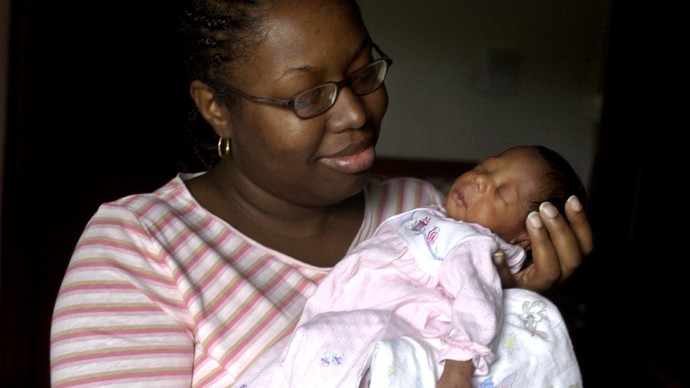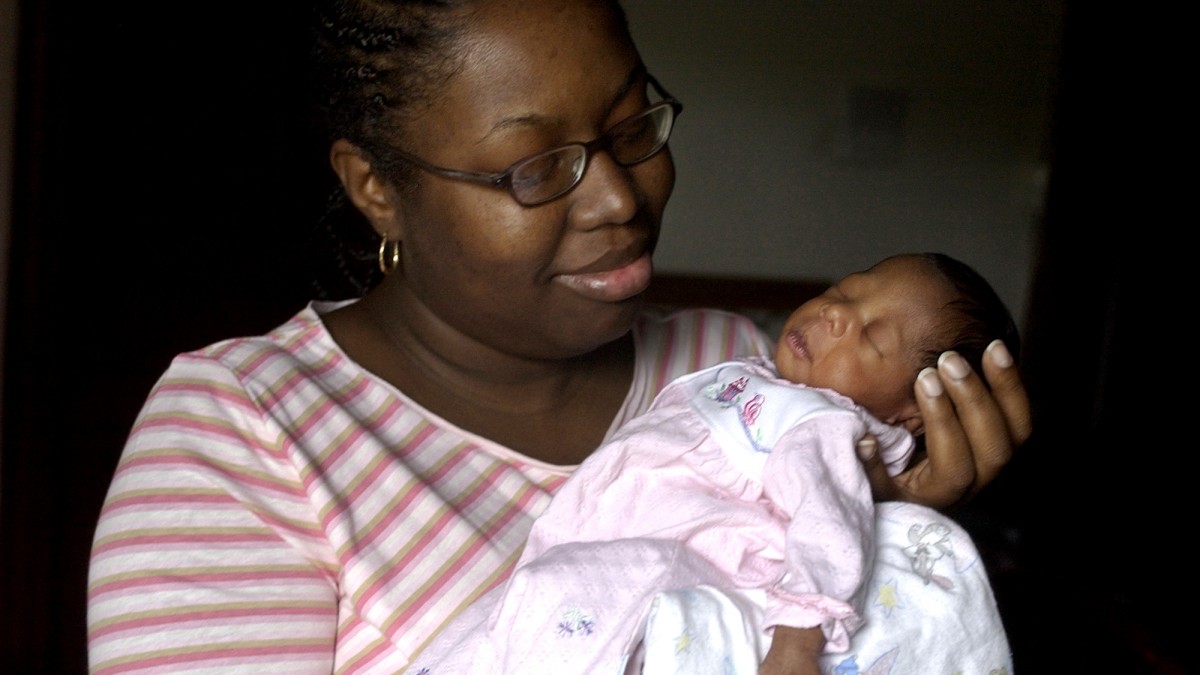
A new study from Yale University indicates that women in the U.S. are in the dark about their own reproductive health.
“It was surprising to me that between 40 and 60 percent of [respondents] had complete misconceptions about basic concepts relating to their own biology,” study researcher Dr. Lubna Pal, an associate professor of obstetrics, gynecology and reproductive sciences at the Yale School of Medicine, told The Huffington Post. “We’re not talking about heavy science; we’re talking about basics.”
The study, which was funded by the makers of First Response in-home diagnostic pregnancy, ovulation and fertility tests, demonstrated that a small percentage of women know where to turn for accurate information on fertility and their reproductive health. And many have a lack of knowledge of these topics.
In the study, only 50 of the 1,000 women who were surveyed, have ever discussed their reproductive health with their medical provider, and only one-third of respondents admitted to visiting their reproductive health provider less than once a year or never.
The research also brought to light a host of common misconceptions that women hold about ovulation, conception and other factors that impact their fertility.
Pal says that the research indicates a very real need for better education at all levels, and women need to become experts on their own bodies. Pal said, “We need to be forearmed with a sense of awareness about our own biology. It needs to happen.”
Misconceptions, Ignorance Revealed in Survey
The study, which looked at a nationally representative sample of 1,000 women ages 18 to 40, asked women questions about female reproductive knowledge.
Twenty-five percent of the women surveyed were unaware of the adverse implications of sexually transmitted infections, obesity, smoking or irregular menses on fertility.
In the study, 40 percent of women in every age group expressed concern about their ability to conceive, and 50 percent did not know that multivitamins with folic acid are recommended to reproductive age women to prevent birth defects.
Also, 20 percent were unaware of the effects of aging on reproductive success, including increased miscarriage rates, chromosomal abnormalities, and increased length of time to achieve conception.
Women in certain age groups also appeared to hold similar misconceptions. For example, women in the 18 to 24 age group tended to believe having sex multiple times a day would increase the chance of pregnancy, and women ages 35 to 40 were more likely to believe that women continue to produce new eggs throughout their lifetime.
A significant percentage of women have misconceptions about reproduction.
“Now if women believe that they continue producing eggs, then women think they can postpone pregnancy, and that could have serious implications for the health of the baby and possibilities of infertility,” Pal told the Yale Daily News.
Lisbet Lundsberg, study co-author and research scientist in Obstetrics at the Yale School of Public Health said that almost 60 percent of women who were surveyed believed that having sex after ovulation would increase the probability of conception.
In reality the two days prior to ovulation are peak days of fertility, which just 10 percent of those surveyed accurately deduced.
Researches have expressed the hope that the results of the survey will encourage healthcare providers to continue paying for annual exams by a reproductive health specialists.
“I don’t think providers perhaps realize how much women look to them for information,” Illuzzi said.
Also the news could spur more education about such issues
“A lot of [parts of the country] are still afraid to even mention the word sex.” Mary Jane Minkin, a professor of Obstetrics at the Yale School of Medicine who was not an author of the study, told the Yale Daily News. “Also, 40 percent of women said they use web as a means of education, but there is not always correct information on the web. So, we are trying hard to get good information out there because sometimes there is a lot of bad advice.”
Where Women Get Information
Where women get their information on reproductive issues was also a topic taken up by the survey. It revealed that most women turn to their women’s health care provider, with 75 percent of women surveyed saying they turn there for information. Another 35.3 percent of women cited their primary care physician as a source of information.
The internet was also a top source of information, as 42.3 percent of women saying that their information comes from pregnancy focused Web sites, and 32.5 percent of women said that Medical Web sites are where they turn.
In addition, 23.6 percent said that a parent or family member provide information, and 22 percent cited a Partner or spouse. About 18 percent said that they count on friends for information on reproductive matters.
The results of the study demonstrate that women need to do more to educate themselves about their own bodies.
Reuters recently reported that women in China are clamoring to take sex-ed classes aimed at adults that correct the misconceptions and educate women about a topic deemed taboo in Chinese culture. The courses, which cost $410, more than half the average monthly wage in Shanghai, are two-day tutorials covering such topics as anatomy and psychology.
“I had absolutely no sex education at all. I thought adult male bodies look the same as baby boys’,” Sophia Hu, a 30-year-old lawyer. told the news service. “I want to understand myself and the realities of sex.”
In America, sex education has also been a controversial and politicized topic, with courses and curriculum varying to great degrees across the country.
While most U.S. adolescents receive some form of sex education at school at least once between grades 7 and 12 what students learn varies widely as curriculum decisions are so decentralized. Many states have laws governing what is taught in sex education classes or allowing parents to opt out. Some state laws leave curriculum decisions to individual school districts.
Proponents of comprehensive sex education include the American Psychological Association, the American Medical Association, the National Association of School Psychologists, the American Academy of Pediatrics, the American Public Health Association, the Society for Adolescent Medicine and the American College Health Association.
These organizations say it’s crucial to provide factual information, especially to teens, as ignorance often leads to unwanted pregnancies and diseases.
A start to tackling the problem that the Yale study uncovered regarding a lack of women’s knowledge about their own reproductive health could be offering comprehensive sex education curricula including medical data that is presented in an age appropriate manner.


